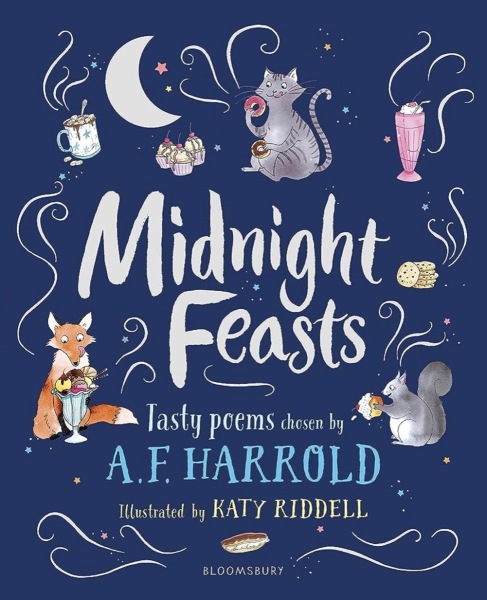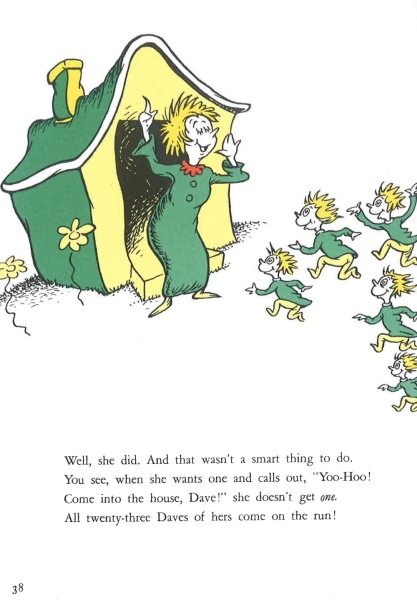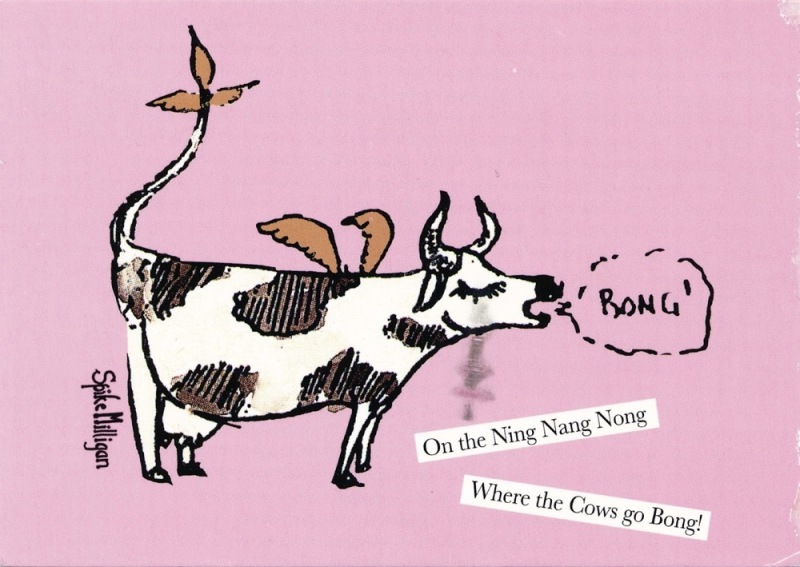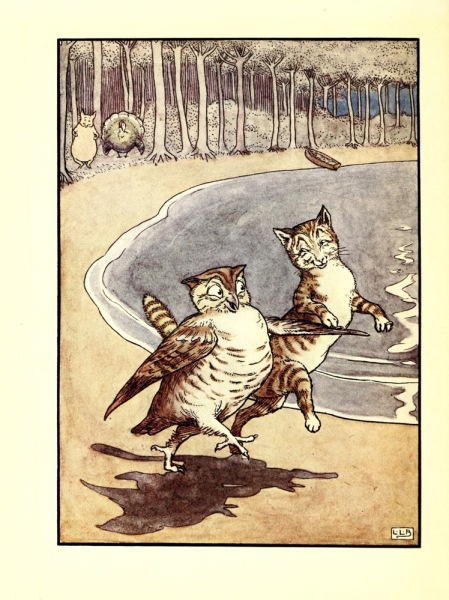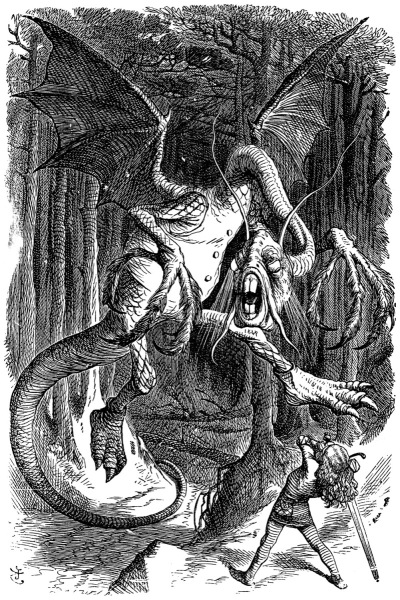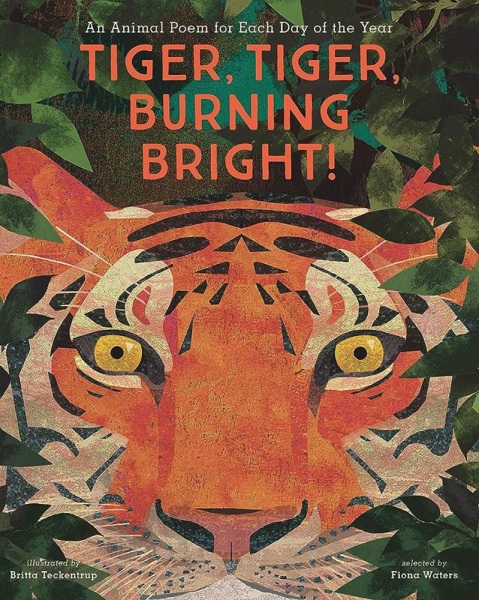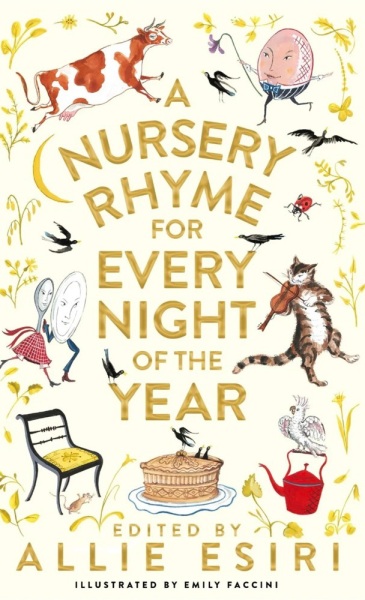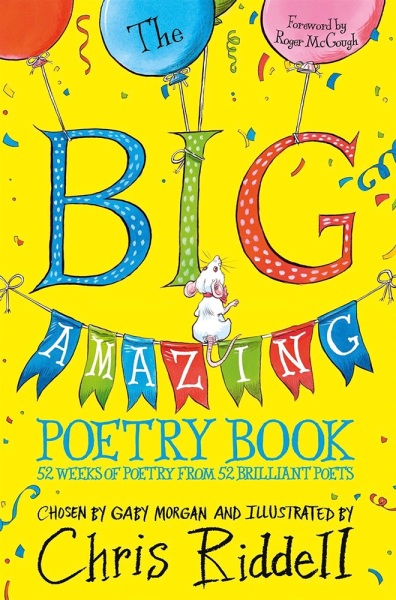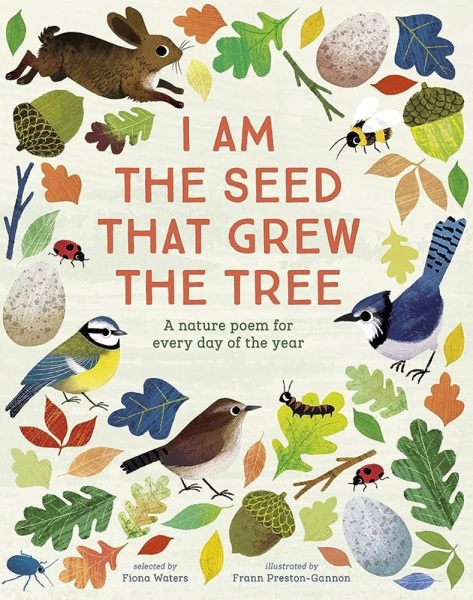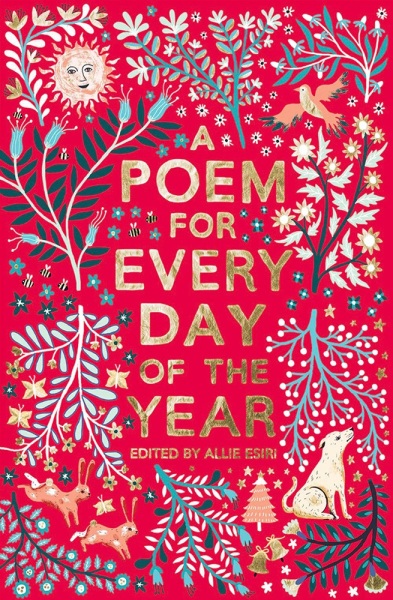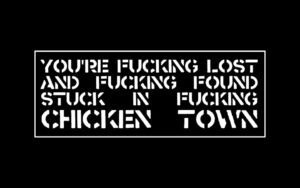Annie Fisher gathers together the best children’s poetry, and the best children’s poetry anthologies
When I was a student teacher, one of my first assignments was to create an anthology of poems for use in the primary classroom. I knew almost nothing about children’s poetry, and the anthology I produced was a joyless selection. But over a long career I came to love teaching poetry above anything else in the curriculum and, if I could go back fifty years, I think I could give myself some reasonably useful advice. So here are some thoughts about the poems I might choose for an anthology now. If any I mention are new to you, you might like to share them with the under-elevens in your life, or simply read them for your own pleasure. There’s great delight to be found in children’s poetry, however young or old you are. The best children’s poetry is simply ‘good poetry’, and ageless.
I’d start with a serving of wordplay and nonsense. Lewis Carroll’s ‘Jabberwocky’ would need to be there, and his ‘Mad Gardener’s Song’; also, Edward Lear’s ‘The Jumblies’ and ‘The Owl and the Pussy-Cat’; and Spike Milligan’s ‘On the Ning Nang Nong’. Dr Seuss is superb too, but he wrote mostly book-length verse. However, I would make room for the twenty-four lines of ‘Too Many Daves‘ with its hilarious catalogue of nonsense names. When I taught young children, they loved to choose one of the names and wear it as a badge for a day, parading themselves as Sir Michael Carmichael Zutt or Oliver Boliver Butt, or Zanzibar Buck-Buck McFate. (That last name caused me to come out with an unfortunate spoonerism in front of the class on one occasion. I’ll leave you to work it out!)
I’d want more funny poems; maybe some Jack Prelutsky. We could have his tongue-twister, ‘The Yak’ (Sniggildy-snaggildy, sniggildy-snag / The yak is all covered with shiggildy-shag); or ‘Deep in our Refrigerator’, Prelutsky’s poem about the food scraps we ‘save’ in the fridge, then invariably throw out. You can hear it along with some more Prelutsky here: Kids Eat It Up – Poetry Off the Shelf | Poetry Foundation.
While we’re talking humour, I recommend the thoroughly entertaining videos on A.F. Harrold’s ‘For Kids’ website’ – just the thing if you need cheering up on a wet afternoon. Try ‘I Want to be a Wallaby’ and ‘Blackbirds and Bananas’ for starters. Harrold (who also writes award-winning children’s fiction) knows his poetry onions. In 2019 he edited the food-themed anthology Midnight Feasts for Bloomsbury. I love this anthology, which is varied, light in tone and beautifully illustrated by Katy Riddell. It contains an unusually high number of non-rhyming poems for a children’s poetry book and features some fine contemporary poets such as Christopher Reid, Caroline Bird, George Szirtes and Imtiaz Dharker. I’d certainly include some of these.
We’ll need narrative poems of course, one of the all-time greats being ‘The Highwayman’ by Alfred Noyes, with its famous horse-hoof rhythms:
The wind was a torrent of darkness among the gusty trees.
The moon was a ghostly galleon tossed upon cloudy seas.
The road was a ribbon of moonlight over the purple moor,
And the highwayman came riding—
Riding—riding—
The highwayman came riding, up to the old inn-door.
And we must have some of Charles Causley’s ghost-haunted narratives. I’d include ‘Miller’s End’, ‘A Mermaid at Zennor’ and the beautiful ‘By St Thomas Water’. He is, for my money, the supreme children’s poet. Meticulous in his rhythms and rhymes, he never lost the watchful, wondering eye of childhood. A year before his death Causley made a marvellous recording of both adult and children’s poetry for The Poetry Archive. If you’re not familiar with his poetry, Dana Goia’s 1998 essay for The Dark Horse poetry journal is well worth reading: The Most Unfashionable Poet Alive: Charles Causley.
In contrast to the narratives, I’d want a section on short poems. As a teacher I used to call these ‘Brevities’. I’d hang some brevities on a twiggy ‘Poet Tree’ in the classroom and encourage the children to find other short poems they liked and add them to the tree, like decorations. Here, with his permission, is an especially brief brevity from Matt Harvey:
Revenge of the Poet
I’ll write a poem
That’ll show ‘em
The late and much-missed poet, Tony Mitton, wrote wonderful short poems. He had the gift of being able to write simply yet profoundly for the very youngest children. You can listen to him perform My Hat on the Children’s Poetry Archive, or watch videos of three of his poems on the Centre for Literacy in Primary Education. I thoroughly recommend his collections Plum, Come Into this Poem and Pip – all perfect for primary age children. There’d be a fair few Mittons in my anthology.
I’d include some William Blake, Emily Dickinson and some Basho haiku in the short section, but I’d also have some by Valerie Worth, an American poet whose bite-sized meditations on animals, insects and everyday objects are well worth trying (forgive the pun!). It’s tricky to quote from a short poem, but here’s the beginning of her poem, ‘egg’:
Somehow the hen,
Herself all quirk
And freak and whim,
Manages to make
This egg, as pure
And calm as stone
I’d want several ‘people poems’ included: Norman MacCaig’s ‘Aunt Julia’ and Jackie Kay’s ‘Brendon Gallagher’ for starters. And Valerie Bloom’s ‘Granny Is’ would be a must:
Granny is
fried dumplin’ an’ run-dung,
coconut drops an’ grater cake,
fresh ground coffee smell in the mornin’
when we wake.
Granny is
loadin’ up the donkey,
basket full on market day
with fresh snapper the fishermen bring back
from the bay.
I love the warmth, colour and musicality of Valerie Bloom, made all the more vivid by her use of Jamaican patois.
Speaking of Valerie Bloom, I’d also include her mysterious ‘Something Comes’ which makes a great performance piece for very young children. Poets like Bloom, John Agard, Grace Nicholls, Roger McGough, Brian Patten and Michael Rosen have been writing quality poems for around half a century and continue to do so. I’d include them all, but I’d leave plenty of room for the fine young poets who have come along in recent years such as Rachel Rooney, Joseph Coelho, Liz Brownlee (who writes exquisite shape poems), Rachel Piercey and Kate Wakeling. Piercey and Wakeling have both been published by the excellent Emma Press, an independent publisher with a good eye for children’s poetry, including poetry in translation. I’d certainly look at their catalogue for some new and different children’s poems. Otter-Barry Books would be the other independent publisher I’d go to. Most of the up-and coming names, and some more established ones are published by Janetta Otter-Barry, who has done much to extend diversity and inclusion in children’s poetry.
I’d consult other commercially published anthologies. One of the most ubiquitous is the Poem for Every … series Allie Esiri has produced for Macmillan. These attractive-looking hardbacks are intended for a family readership and clearly target the gift market. For anyone wanting an introduction to a broad sweep of traditional and contemporary poetry, these anthologies offer a good springboard, and any one of them would look good on a coffee table! There’s a brief introduction to each poem and a ribbon bookmark to find your place. Esiri has compiled different anthologies for every day, every night and every season, plus the A Poet for Every Day of the Year anthology, the A Nursery Rhyme for Every Day of the Year anthology, and an anthology of Shakespeare extracts. It’s an impressive achievement and there are enough poems to last you several lifetimes. I’ve been dipping into A Poem for Every Day of the Year. I intended to read one every day on the allotted date but, much like my new year resolutions to keep a daily diary, I’m afraid I didn’t sustain the effort. There are many gems, and many poems I didn’t know, but quite a lot was over-familiar. I would have liked a few more surprises, and I’d choose carefully which to share with children.
Children are certainly capable of enjoying adult poems and vice-versa. I’ve found children as young as nine relish Craig Raine’s ‘A Martian Sends a Postcard Home’. The first child in the class to realise that the alien is describing books in the extract below is always rightly chuffed with themselves:
Caxtons are mechanical birds with many wings
and some are treasured for their markings –
they cause the eyes to melt
or the body to shriek without pain.
I have never seen one fly, but
sometimes they perch on the hand.
The Martian’s take on toilets delights them still more of course:
Adults go to a punishment room
with water but nothing to eat.
They lock the doors and suffer the noises
alone. No one is exempt.
Two recently published anthologies in the ‘poem a day’ format that do seem to me both child-friendly and whole-family friendly are Fiona Waters’ I am the Seed that Grew the Tree (a nature poem for every day of the year) and Tiger, Tiger, Burning Bright! (an animal poem for every day of the year). Another variation on the ‘poem a day’ format is The Big Amazing Poetry Book chosen by Gaby Morgan (Macmillan, 2022) which offers fifty-two weeks of poetry from fifty-two poets (some classic, most contemporary). I like the concept of this anthology – the idea of staying with a poet for a week, with seven of their poems, and getting a sense of their voice.
Putting an anthology together is a daunting task; potentially frustrating too. I’m sure I’d keep remembering old poems that should have been included or finding brand new poems too late. But there is something generous, joyful and celebratory in taking on the task. So, hats off to A.F. Harrold, Allie Esiri, Fiona Waters, Gaby Morgan and the many other excellent compilers of anthologies. I shall finish here by indulging myself with lists of my top ten poems and top ten published anthologies for children (currently that is!).
ANNIE FISHER’S TOP TEN CHILDREN’S POEMS
‘The Tyger’ by William Blake
‘William Blake says: Everything that lives is holy’ by Adrian Mitchell
‘The Highwayman’ by Alfred Noyes
‘Jabberwocky’ by Lewis Carroll
‘The Owl and the Pussy-Cat’ by Edward Lear
‘By St Thomas Water’ by Charles Causley
‘My Hat’ by Tony Mitton
‘A Poem for My Mum’ by A.F. Harrold
‘The race to get to sleep’ by Brian Patten
‘Granny Is’ by Valerie Bloom
ANNIE FISHER’S TOP TEN CHILDREN’S POETRY ANTHOLOGIES
The Puffin Book of Utterly Brilliant Poetry – Brian Patten (Puffin,1999)
Midnight Feasts – A.F. Harrold (Bloomsbury, 2019)
The Big Amazing Poetry Book – Gaby Morgan (Macmillan, 2022)
The Works Volume 1 – Paul Cookson (Macmillan, 2014)
Tiger, Tiger, Burning Bright! – Fiona Waters (Nosy Crow, 2020)
I am the Seed that Grew the Tree – Fiona Waters (Nosy Crow, 2018)
Poems to Perform – Julia Donaldson (Macmillan, 2014)
Sensational – Roger McGough (Macmillan, 2005)
100 Best Poems for Children – Roger McGough (Puffin, 2002)
101 Poems for Children – Carol Ann Duffy (Macmillan, 2013)

